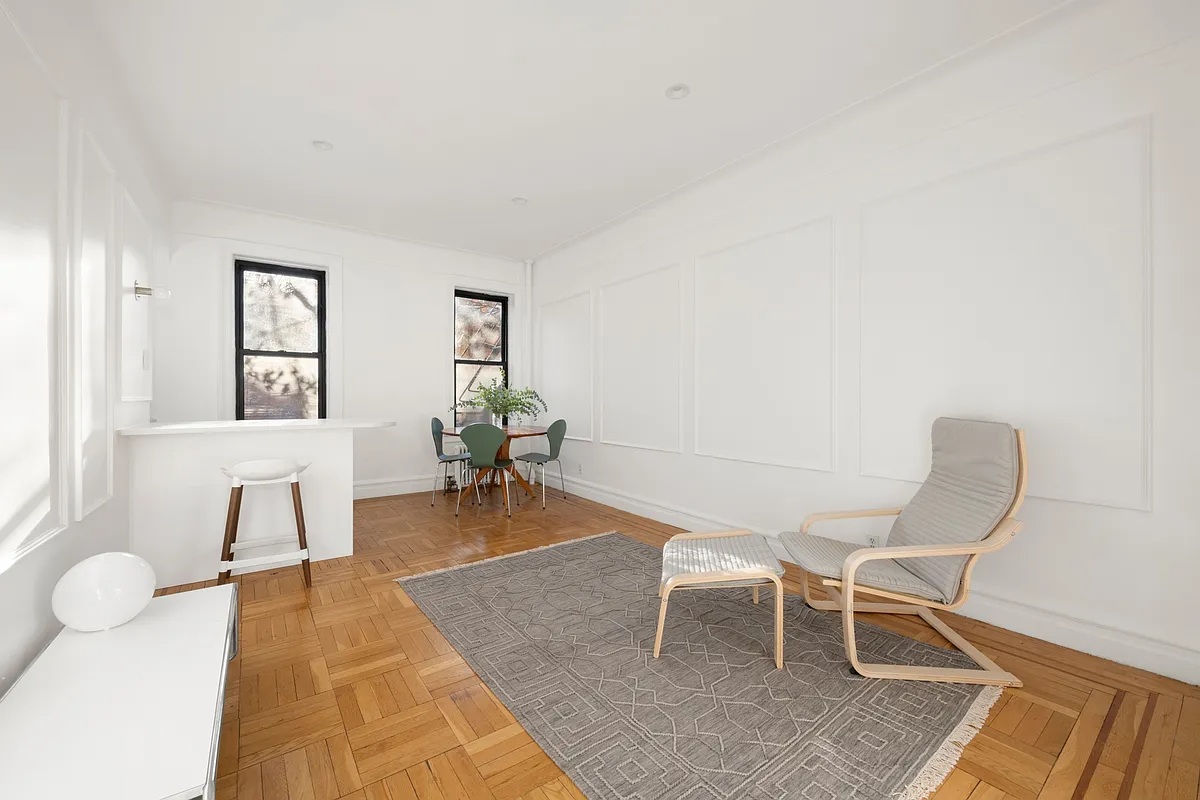Closing Bell: The Psychology of Pricing a House
Round numbers may be bad for business when it comes to selling a house, according to three profs from Cornell University. The current issue of The Atlantic Monthly picks up the story: The authors showed their subjects a listing for a house along with various prices, and asked whether those prices seemed high or low….

 Round numbers may be bad for business when it comes to selling a house, according to three profs from Cornell University. The current issue of The Atlantic Monthly picks up the story:
Round numbers may be bad for business when it comes to selling a house, according to three profs from Cornell University. The current issue of The Atlantic Monthly picks up the story:
The authors showed their subjects a listing for a house along with various prices, and asked whether those prices seemed high or low. Precise prices like $391,534 were seen as cheaper than round ones like $390,000, even though the round prices were actually lower. The authors then examined more than 27,000 real-estate transactions on Long Island and in South Florida and discovered the same effect at work in real-life deals. In South Florida, having at least one zero at the end of the list price lowered the final sale price by about 0.72 percent compared with houses listed at a similar price, three zeros lowered it by 0.73 percent, and each additional zero lowered it another 0.39 percent.
Can any readers back this up with anecdotal evidence?
Primary Sources: Pound Foolish [The Atlantic]





That’s not good business sense, 10:06. That’s just a personally judgemental nature in you.
If something is a good deal and you like it, who care if the owner is nuts? This is a tough market to find a perfect property in.
I only care if the neighbors are nuts. The owner is leaving.
I would RUN from seller who priced a place at 391,534
I wish we could all be so smart. Studies have shown that this pricing works on everyone. I recall reading a report when the same method was used when pricing clothing.
a price of $391,534 would make me think that the seller has some issues
I can see the whole psychology of $2.995 v. $3 million pricing, but I do realize it’s pretty much the same price. Other than that, I am fully aware that $391,534 > $390,000. Come on!
price the cobble hill house $7,876,431 and it looks like a steal.
4:18pm – Too bad most of them are transplanted New Yorkers.
Clearly, people in S. Florida are idiots.